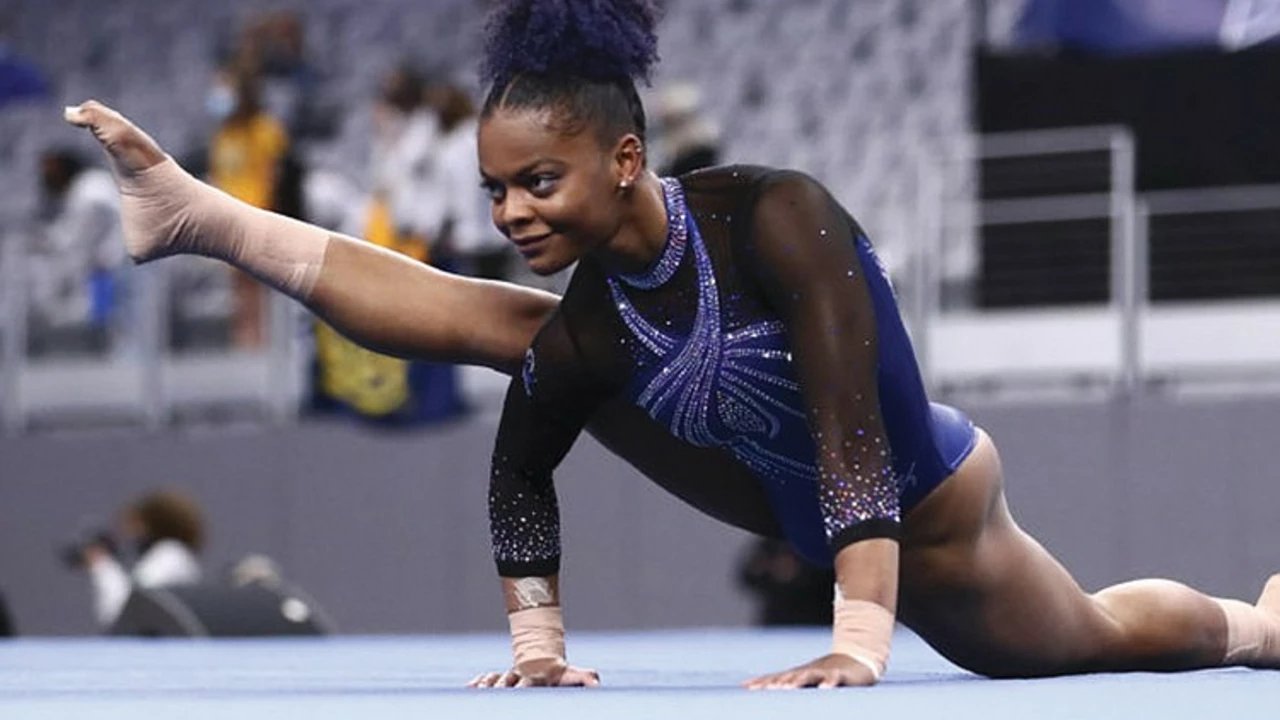College Sports – Your Ultimate Resource
When talking about College Sports, organized athletic programs run by colleges and universities that include a variety of team and individual competitions. Also known as intercollegiate athletics, it brings together education and competition. In this space you'll also meet NCAA, the governing body that sets the rules for most varsity contests, the National Collegiate Athletic Association, Athletic Scholarship, funds that many players rely on to afford tuition, and the Student‑Athlete, a student who balances classes with rigorous training. College Sports connects all these pieces into a single ecosystem.
How NCAA Shapes the College Sports Landscape
The NCAA encompasses most varsity leagues in the United States, and its eligibility rules dictate who can compete. Because College Sports requires compliance with NCAA standards, every program must track academic progress, amateur status, and recruiting limits. This relationship means a violation can jeopardize a whole season, so schools invest heavily in compliance departments. For students, the NCAA’s scholarship caps and transfer rules directly affect their choices, shaping everything from recruitment to graduation plans.
Athletic scholarships are the financial lifeline for many student‑athletes. When a player receives an Athletic Scholarship, a monetary award tied to participation in a college sport, they gain tuition help, housing, and sometimes a stipend for books. This support often makes higher education attainable, but it also ties the athlete’s academic fate to performance on the field. Losing a scholarship can force a sudden shift in living arrangements, prompting some to reconsider their sport altogether.
The student‑athlete experience sits at the heart of College Sports. Balancing practice schedules with coursework demands strong time‑management skills and mental resilience. When a player decides to quit, the consequences ripple beyond the locker room: eligibility status changes, scholarship funds may disappear, and the social network built around the team can dissolve. Yet, quitting also opens doors to new interests, internships, or academic pursuits that were previously sidelined.
College athletics operate within a network of conferences and divisions, each with its own budget, media deals, and fan base. These structures influence recruiting power and the level of competition a program faces. A school in a major conference often enjoys higher revenue from TV contracts, which can be reinvested in facilities, coaching staff, and scholarship availability. Conversely, smaller programs rely more on local support and may offer fewer scholarship slots, affecting the overall athlete experience.
Recent trends are reshaping the traditional model of College Sports. Name, Image, and Likeness (NIL) agreements let athletes profit from personal branding, adding a new financial layer that was previously forbidden. The transfer portal, another NCAA innovation, gives players the freedom to move schools without sitting out a season, increasing mobility but also competition for roster spots. Both developments intersect with scholarships and eligibility, creating a dynamic environment that schools and athletes must navigate carefully.
Below you'll find a curated collection of stories and guides that dig deeper into these topics. Whether you're curious about the impact of quitting an NCAA sport, the nitty‑gritty of scholarship rules, or how NIL deals are changing the game, the articles ahead break down the complexities into practical takeaways you can use right now.
What happens when you quit from an NCAA sport?
Deciding to quit an NCAA sport can have varied personal and academic consequences. The immediate impact is the potential loss of an athletic scholarship, a significant blow for those relying on it for tuition. Along with this, there's the emotional toll from leaving a team and the sport you loved. There's also a shift in your daily routine, as the grueling training sessions and competitions are no longer there. However, it can also present an opportunity to explore other interests and passions.
